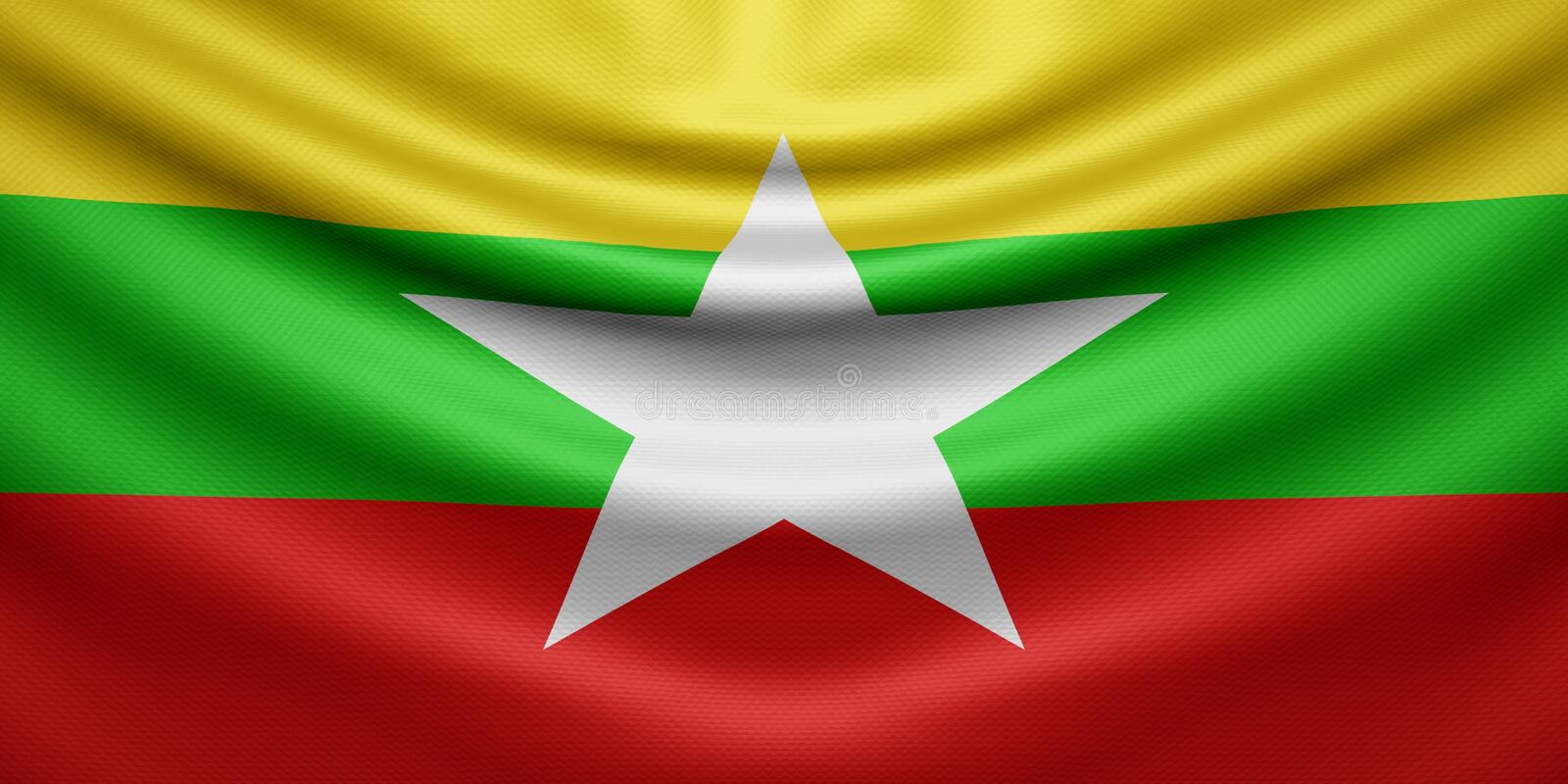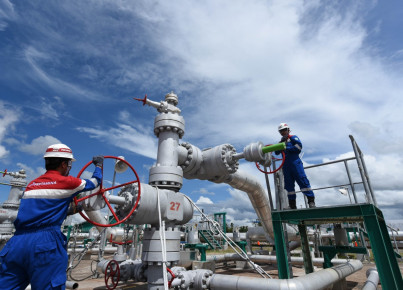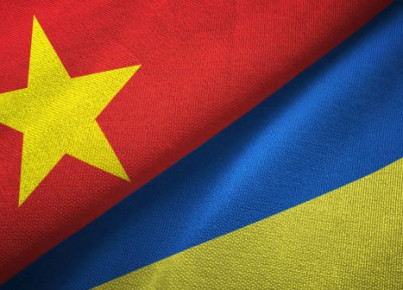While Moscow is engaged in the conflict, Naypyidaw once again counts low on Russia's list of priorities. And China is preparing to fill this void despite mistrust on both sides
"Neither with Russia, nor with Ukraine" is a slogan that would sound unpleasant to the ears of the ruling military junta in Myanmar. The friends of the Burmese army, the Tatmadaw, can be counted on the fingers of one hand. And among these, Moscow and Kiev were the best partners on the arms market, the only means to legitimize their power by force after the coup of February 1, 2021. With the Ukrainian crisis, Myanmar has some inevitable points in common, the same as in all conflicts: poverty, destruction and chaos. As reported by the UN envoy to Myanmar Andrew Kirkwood, the number of Burmese in absolute poverty has reached three million, while basic public services have collapsed, especially in rural areas. What has not stopped is the violence of the clashes, which continue to cause civilian deaths. In this context of a profound economic and political crisis, it is no longer certain that the Tatmadaw will be able to (re)shape the country in its own image and likeness. Above all, it no longer has its back covered. With Russia distracted it may have to look elsewhere for a protector, looking towards China. A choice that the Burmese army has always tried to delay because of the historical distrust towards Beijing, which had deep relations with the government of Aung San Suu Kyi.
Since the armed forces have regained power, the unequal struggle between almost unarmed citizens and a Tatmadaw equipped with military means as well as tools for surveillance and tracking of rebel nuclei, the groups that identify themselves in the People's Defense Forces (PDA) or in the more structured ethnic armies, has immediately emerged. To them, too, the news of two fewer players on the market somehow adds further difficulties in a context of increasing scarcity. The Pdfs struggle to find full armed support from the democratic government-in-exile (the National Unity Government of Myanmar, or NUG), and even more elusive is support from Western countries. In recent weeks, the US State Department has officially defined the repression of the Rohingya as "genocide", but on a concrete level, Western pressure on the coup government has weakened, also due to the Ukrainian "distraction". The same applies to the armies of the ethnic groups, often in conflict with each other. The Russian-Ukrainian conflict could erode both traditional commercial networks and the more opaque trafficking of raw materials and drugs - often the basis of the informal armies' income.
Meanwhile, the coup has severed most trade and diplomatic ties with the West, leaving little room for maneuver for the military junta's business. The threat of an increasingly self-focused Russia risks reducing not only the Tatmadaw's war potential, but also trade in drugs and other essential goods in favor - once again - of Beijing. The situation is aggravated by the fact that the Western powers are struggling to find the right channels (unrelated to the junta) to provide the necessary aid. Of the 350 million dollars requested by the UN envoy in 2021, for example, only a third has arrived and this does not remove the risk of repercussions from the army. The same natural resources that abound in Myanmar do not seem to represent an incentive attractive enough to draw the attention of Western partners beyond the sanctions issued in the past and the embargo on arms sales.
Prior to the Russian invasion of Ukraine, Myanmar seemed naturally headed for the emergence of new pseudo-democratic institutions. The Tatmadaw, in fact, is gearing up to take off its uniform and put on the clothes of politics. The current State Administrative Council (Sac), the governmental institution created ad hoc after the coup, is talking about calling new elections by August 2023: a pluralistic competition of façade, necessary to try to regain the trust of trade partners, investors and international donors. Among these, China is playing in advance: the NUG has disappeared from official statements and bilateral initiatives now involve the diplomatic arm of the Tatmadaw, former colonel Wunna Maung Lwin.
He was invited in March 2022 as part of an Asean delegation visiting Beijing to talk about the "negative effects of the Ukrainian crisis in Southeast Asia." Chinese Foreign Minister Wang Yi then met with him in Anhui on April 1 to confirm China's "utmost support" for Myanmar's development "regardless of how the geopolitical situation changes." These statements, along with projects such as the construction of new infrastructure (e.g., a new gas pipeline) and the launch of industrial zones along the border, come at a crucial time. A moment in which a "no" becomes increasingly unthinkable, even in the face of the Tatmadaw's historical distrust of the People's Republic. In the meantime, the possibility of an unstable Myanmar for a long time to come with Russia's departure is bringing Beijing closer to ethnic groups. A strategy that keeps all possibilities open, but that the president of the NUG (criticizing Beijing for approaching a government it defines as "illegitimate") has defined as "dangerous" because it could "continue, and not cease, internal conflicts.






